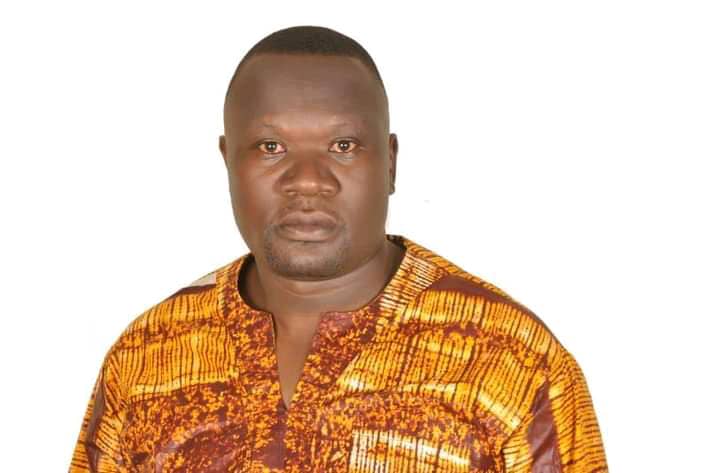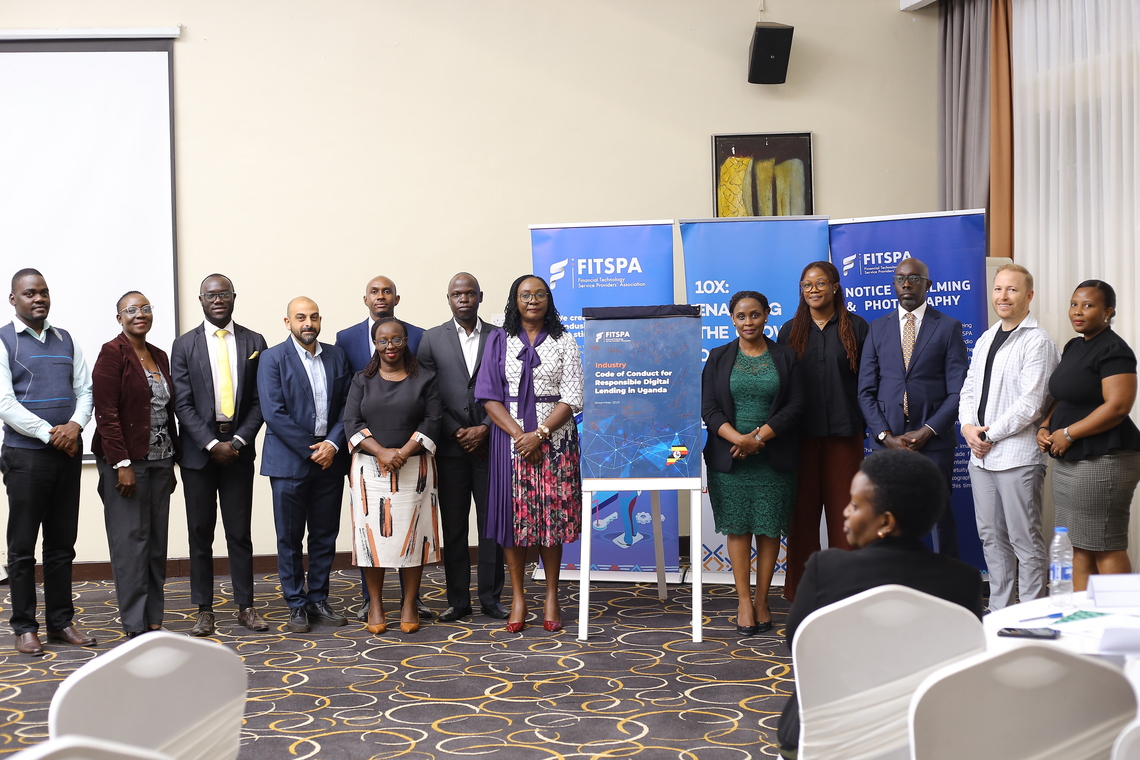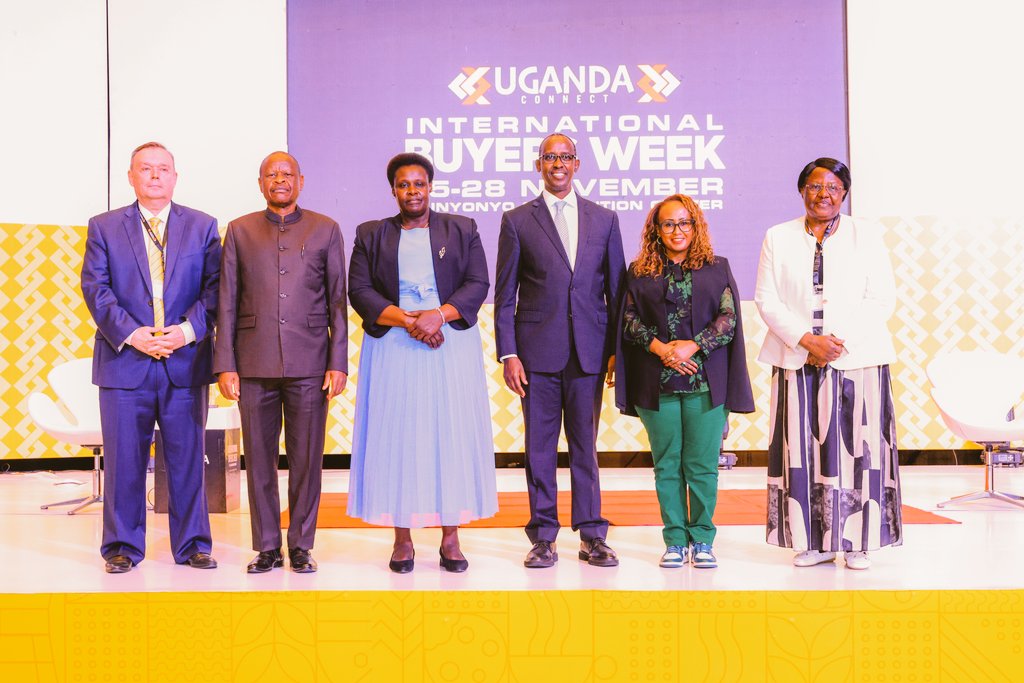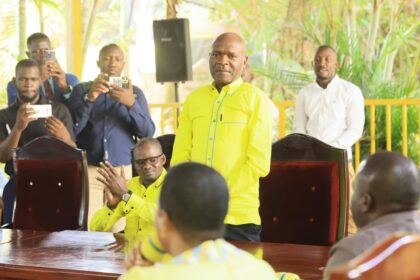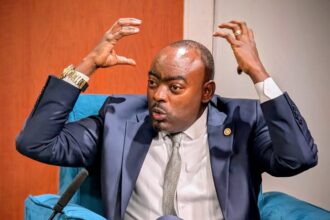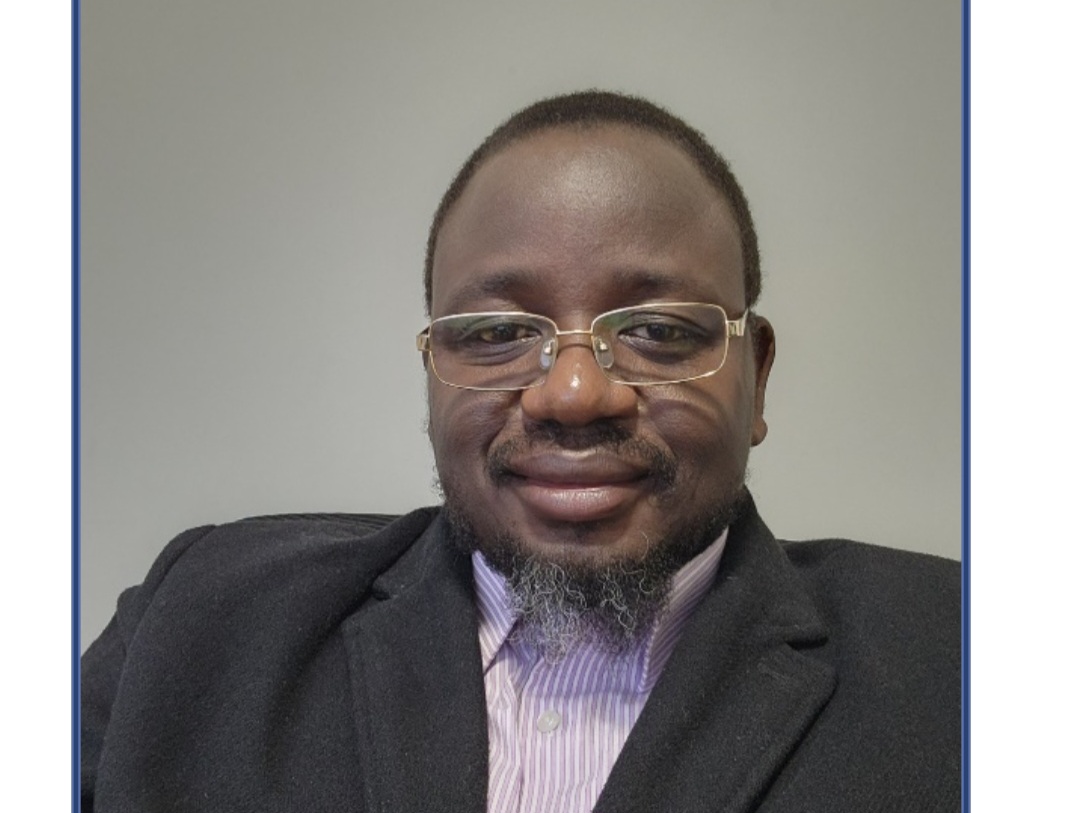The drums of 2026 are beating, and Uganda’s political landscape is once again alive with rallies, manifestos, and promises. Yet, as the dust rises from Busoga to Kigezi, one truth becomes increasingly clear: President Museveni and the National Resistance Movement (NRM) are not merely campaigning, they are staging a nationwide demonstration of power, experience, and delivery.
In Busoga, the President stood before thousands at Kyabazinga Stadium and declared, “We brought peace to the whole country. That was the first pillar of Uganda’s house.” His words were not abstract; they were tied to the tarmac roads stretching across Jinja, the factories humming in Kamuli, and the electricity lines lighting up villages that once knew only darkness. The crowd roared not just for promises, but for proof.
Acholi and Lango, once scarred by war, now echo with trade and agriculture. Museveni reminded them, “Where there was war, there is now trade.” Local leaders echoed his message, pointing to schools filled with children who, in another era, would have been displaced. The NRM’s manifesto—anchored on seven pillars of peace, infrastructure, industrialization, wealth creation, social services, regional integration, and governance—was not presented as theory but as lived reality.
In Bugisu, the President turned to coffee farmers, promising value addition so that Uganda would no longer export raw beans while others reap the profits. “You will not remain hewers of wood and drawers of water,” he thundered, pledging factories that would transform livelihoods. By the time he reached Kigezi, the message had become a refrain: “From Busoga to Kigezi, the story is the same—peace, roads, factories, jobs. That is the NRM’s record.”
Ankole, Museveni’s home turf, was a celebration of transformation. Mbarara, once a cattle corridor, now stands as an industrial hub. One elder captured the mood: “Museveni has turned our cattle corridor into an industrial corridor.” Here, the President sharpened the contrast with his rivals, warning against “the experiments of those who have never managed even a parish.”
The statistics reinforce the story. Uganda’s electricity coverage has expanded to over 60% of households. Industrial parks are rising across the country. GDP growth remains steady, and new investments in oil and gas promise a leap into middle-income status. These are not slogans; they are numbers that speak to the NRM’s credibility.
Meanwhile, Bobi Wine’s National Unity Platform (NUP) struggles to match this depth. Its rallies are energetic, but largely urban-centered. Its slogans are loud, but policy depth is thin. A Busoga elder summed up the rural skepticism: “We hear their noise in Kampala, but here we see the roads, the schools, the factories. That is what matters.”
Museveni’s campaign managers—seasoned figures like Dorothy Kisaka, Dr. Rosemary Sseninde, and Godfrey Kiwanda—have ensured that every rally is not just a gathering but a mobilization of grassroots structures. Village-level cadres, youth leagues, and women’s councils are activated, creating a bottom-up campaign that dwarfs NUP’s urban activism.
The dramatization of this campaign lies in its choreography: Busoga’s peace, Acholi’s recovery, Bugisu’s coffee, Ankole’s industry, Kigezi’s empowerment. Each rally is a chapter in a larger narrative of continuity and transformation. The manifesto is not a booklet; it is a living document, carried in the roads, schools, and factories that voters can touch and see.
As 2026 approaches, the choice is stark. Museveni and the NRM present themselves as the tested custodians of peace and progress, wielding grassroots power that penetrates every village. NUP, though spirited, remains an experiment—energetic but unproven, loud but shallow. In the words of one supporter in Lango, “The NRM is not just promising; it is delivering. That is why we will march with it again.”
This is not merely an election. It is a referendum on experience versus experiment, on tangible progress versus slogans. And in that contest, Museveni’s NRM is betting that peace, progress, and grassroots power will once again carry the day.
The writer is the Deputy Resident City Commissioner for Nakawa Division.
Do you have a story in your community or an opinion to share with us: Email us at Submit an Article



